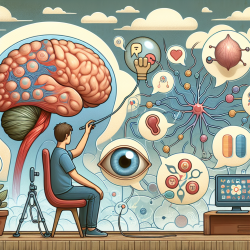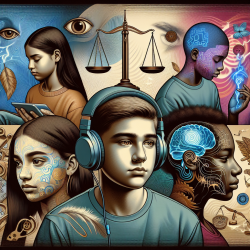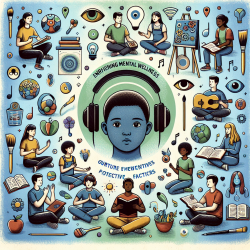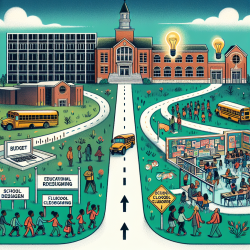Understanding the Complex Interplay of Disability, Functioning, Autonomy, and Dependency
As practitioners dedicated to improving outcomes for children, it's crucial to understand the intricate relationships between disability, functioning, autonomy, and dependency. The research article titled Defining disability, functioning, autonomy and dependency in person-centered medicine and integrated care by Salvador-Carulla and Gasca provides an in-depth exploration of these concepts within the framework of person-centered medicine and integrated care.
The Evolution of Disability and Functioning (D&F)
Historically, the understanding of disability and functioning has evolved significantly. Initially, the 'Activities of Daily Living' (ADL) model was developed post-World War II to assess functioning in cancer patients and those undergoing physical rehabilitation. This model, while useful, has limitations in addressing complex health conditions like severe mental illness or autism, where social support plays a critical role.
The World Health Organization's International Classification of Functioning, Disability and Health (ICF) offers a more comprehensive approach. It shifts the focus from disease consequences to the interactions between individuals, their environment, and health conditions. This biopsychosocial model includes body functions and structures, activities and participation, and contextual factors, providing a broader perspective on disability and functioning.
Implications for Practitioners
For practitioners, understanding these frameworks is vital for several reasons:
- Holistic Assessment: The ICF model encourages a holistic assessment of a child's functioning, considering both environmental and personal factors.
- Customized Interventions: By recognizing the unique interplay of disability and functioning, practitioners can design more tailored interventions that address both the child's needs and their environmental context.
- Policy and Planning: Understanding these concepts aids in developing policies and care plans that are more aligned with the child's real-world needs, promoting better integration into society.
Encouraging Further Research and Application
The research highlights the need for ongoing exploration and refinement of these concepts. Practitioners are encouraged to delve deeper into the ICF framework and consider its application in their practice. By doing so, they can contribute to a more nuanced understanding of disability and functioning, ultimately leading to improved care outcomes.
Moreover, engaging with this research can inspire practitioners to participate in interdisciplinary collaborations, fostering a more integrated approach to care that benefits children and their families.
Conclusion
Incorporating the insights from the research on person-centered medicine and integrated care can significantly enhance a practitioner's ability to support children effectively. By embracing a holistic approach and considering the broader context of disability and functioning, practitioners can create more meaningful and impactful interventions.
To read the original research paper, please follow this link: Defining disability, functioning, autonomy and dependency in person-centered medicine and integrated care.










